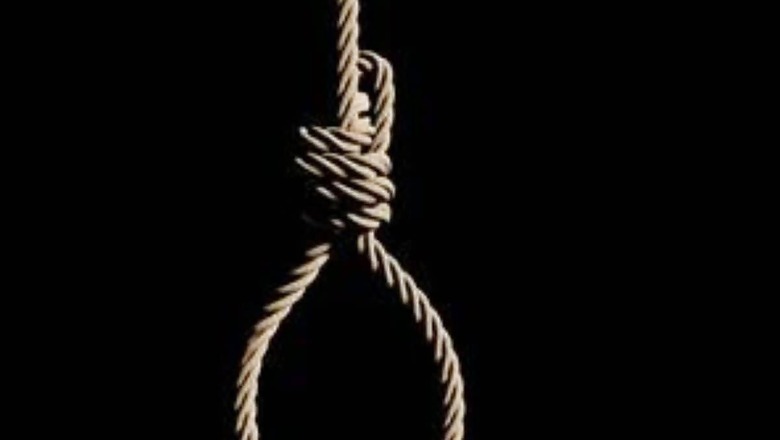
views
In a recent order, the Punjab and Haryana High Court quashed a case for abetment of suicide, emphasising that merely being named in a suicide note is insufficient to establish culpability.
An FIR was lodged after the suicide of one Kehri Singh, who had named three individuals in his note, including Sunil Chauhan and Mubin Khan, alleging that they had withheld payments and thus mentally harassed him. Singh died by suicide by hanging on July 14, 2023, after visiting Chauhan’s construction site. The FIR was registered under Sections 306 (abetment of suicide) and 34 (common intention) of the IPC.
The petitioners, Chauhan and Khan, argued that the non-payment of dues did not amount to abetment under Section 107 of the IPC, which defines abetment as instigating, engaging in a conspiracy, or intentionally aiding an act. His counsel contended that merely owing someone money, as alleged in the suicide note, does not meet the threshold for abetment. They cited legal precedents where similar allegations were not deemed sufficient for prosecution including Harbhajan Sandhu Versus State of Punjab & another (2022).
The high court noted that to establish abetment of suicide, there must be clear evidence of instigation or a conspiracy that directly caused the victim to take such extreme action. Court referred to Gauri Devi Versus State of J&K (2021).
The court ruled that the mere mention of an individual’s name in a suicide note does not automatically imply criminal culpability unless there is a direct and overt act that leads to the suicide. Citing the post-mortem findings and the subsequent police investigation, which lacked substantive evidence of active harassment or threats by the accused, court determined that the petitioners could not be held legally responsible for Singh’s death.
Justice Jasjit Singh Bedi, while delivering the verdict, pointed to the legal principle that abetment must involve a clear “live and proximate link” between the actions of the accused and the suicide.
Court held that a person of ordinary prudence would not be driven to suicide merely because of unpaid dues, and Singh’s decision to end his life was more likely due to his hypersensitivity. Court further observed that the complainant’s party had legal recourse to recover the outstanding sums rather than taking extreme steps.
As a result, court quashed the FIR and all subsequent legal proceedings related to the case.




















Comments
0 comment